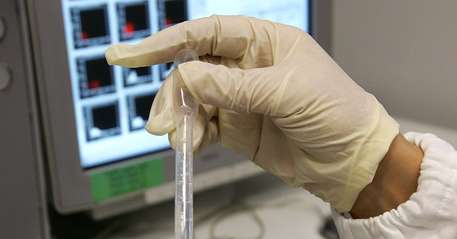VERONA. Every year in Italia occur over 4,000 cases of neglected tropical diseases: from the strongyloidosis to echinococcosis, from dengue to chikungunya. Numbers that place our country in fourth place in Europe, after England, France and Germany. However, the real impact of these diseases could be much higher.
It is the alarm that comes from the experts of theSacred Heart Don Calabria Hospital in Negrar (Verona), IRCCS for Infectious and Tropical Diseases. Here on 30 January, on the occasion of the World Day dedicated to these pathologies, a meeting of the Information-Education-Communication Technical Group of the World Health Organization will be held on Chagas disease.
“Chagas disease in Central America kills more than malariabut it can’t be considered a distant danger because it can get anywhere with international travel”, explains Andrea Angheben, clinical manager of the department of Infectious and Tropical Diseases and Microbiology of IRCCS Negrar. Among the diseases that have attracted the most attention in recent years is the strongyloidosis. “People positive for the parasite responsible for strongyloidosis are mostly elderly people who have come into contact with it in the past decades”, he explains Dora Buonfrate, director of the WHO Collaborating Center on Strongyloidosis and other neglected diseases. “During the pandemic, cortisone therapies for many elderly people Covid-19 they lowered the immune system and ‘slatentized’ strongyloidosis”.
Per Federico Gobbi, director of the Infectious and Tropical Diseases department of the IRCCS Negrar, “the pandemic has taught us that health and disease today are to be considered global phenomena: a disease present in one part of the world can quickly “travel” and reach any other place thanks to the mobility of people, food, animals and with the help of climate change,” he says. “Decreasing infections and disease circulation with proper monitoring is necessary to reduce the danger globally.”
